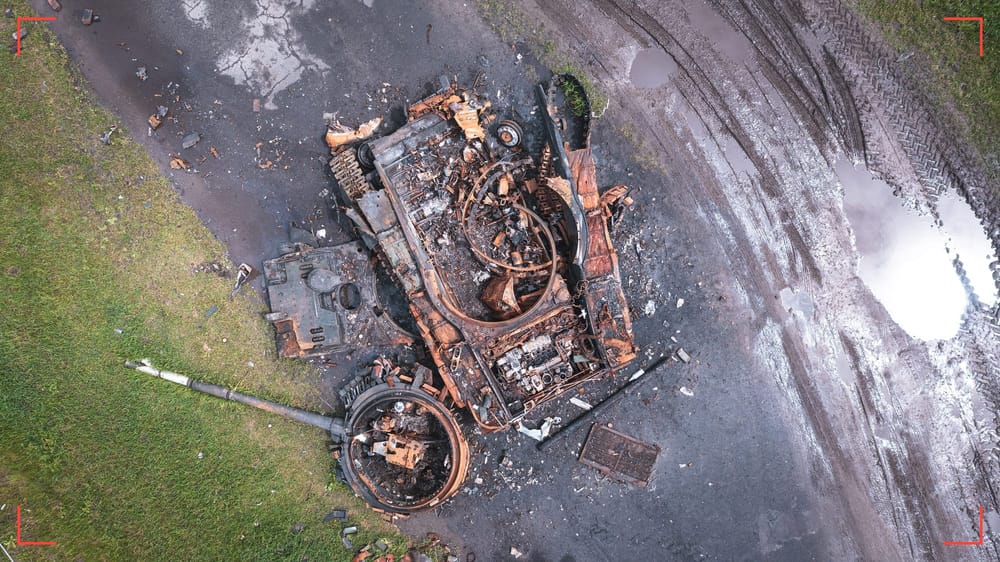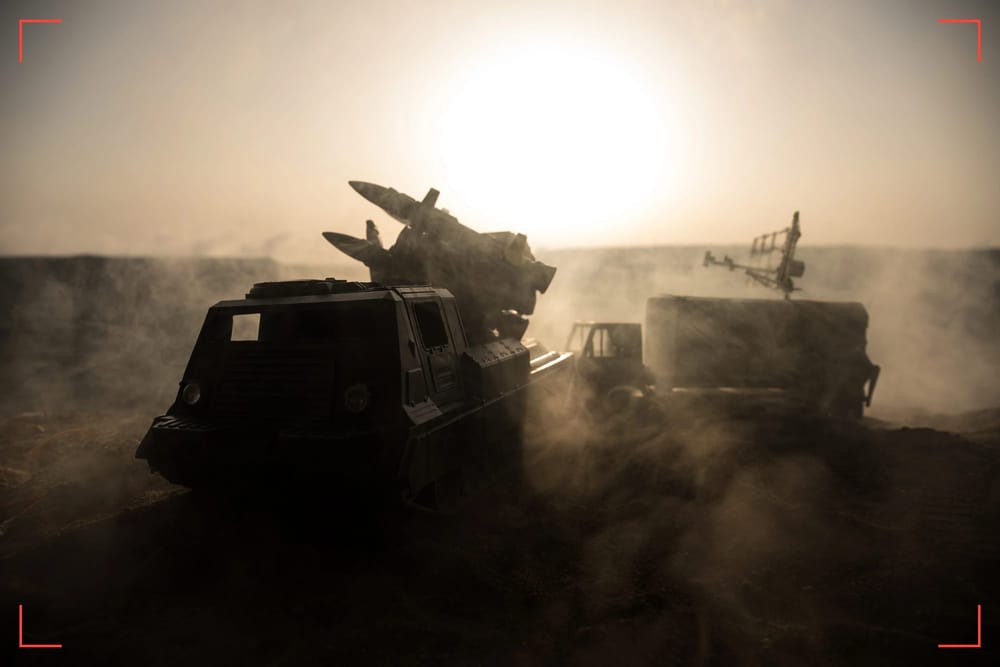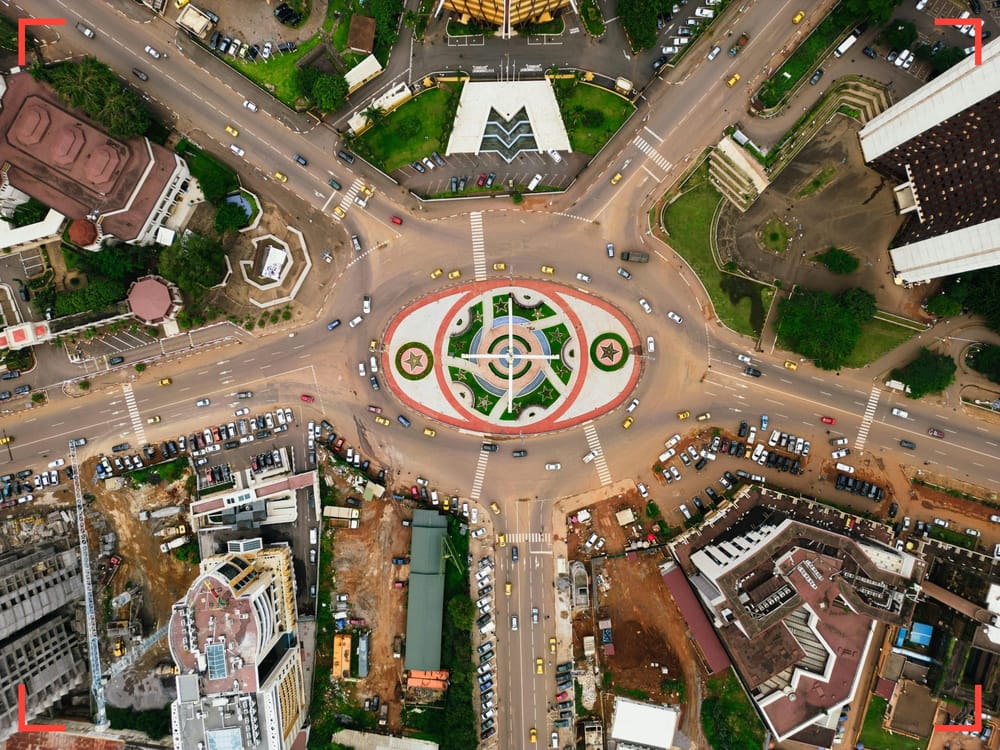Report Details
Initial Publish Date
Last Updated: 22 JUL 2025
Report Focus Location: Indonesia
Authors: DP, MAM, ZR
Contributors: GSAT
GSAT Lead: MF
RileySENTINEL provides timely intelligence and in-depth analysis for complex environments. Our global team blends international reach with local expertise, offering unique insights to navigate challenging operations. For custom insights or urgent consultations, contact us here.
Key Findings
- Active Indonesian National Armed Forces (TNI) personnel can hold positions in 16 civilian institutions, including BNPB, BNPT, BNN, Bakamla, the Attorney General’s Office, and the Supreme Court. This has drawn criticism due to concerns that it could indirectly revive the “dual function” (dwifungsi) of the armed forces.
- One of the controversies arose when Lieutenant General Djaka Budi Utama was appointed Director General of Customs on May 23, 2025, despite still being an active TNI officer. Although he submitted his resignation on May 2, his discharge was still pending at the time of his appointment.
- The dual function (dwifungsi) of the military was a New Order-era doctrine led by Soeharto, which gave the armed forces a dual role in defense and civilian-political affairs. It was formally abolished fter the 1998 Reform Movement.
- The revised National Armed Forces Law (NAFL) was not made public during peak public debate, prompting criticism that the President and DPR intentionally withheld the document—raising transparency concerns and potentially violating Article 95 of the Law on Legislative Formation.
- As of February 2025, a total of 4,472 active TNI personnel are currently holding positions across ministries and civilian institutions, including the Ministry of Defense, BIN, the Supreme Court, Lemhannas, the Presidential Secretariat, and Bakamla.
- On June 26, the Constitutional Court (MK) rejected a formal judicial review of Law No. 3/2025 primarily because the petitioners failed to prove their legal standing.
- The enactment of the revised National Armed Forces Law (NAFL) has sparked nationwide protests. Demonstrations by civil society, student groups, and human rights organizations have spread across regions, citing fears that the law undermines civilian oversight and threatens democratic space.
Summary
The revision of Indonesia’s National Armed Forces Law (NAFL), enacted through Law No. 3 of 2025, has reignited long-standing concerns about military involvement in civilian affairs. Historically, during the New Order era, the TNI operated under the “dual function” (dwifungsi) doctrine, which allowed military officers to hold both defense and civilian-political roles—a system dismantled after the 1998 Reform movement to restore democratic civilian supremacy. However, the 2025 amendment reverses key reform gains by legally allowing active-duty TNI personnel to occupy positions in 16 civilian institutions, such as the Attorney General’s Office, BNPB, BNPT, and even the Supreme Court, without prior retirement from the military.This sparked mass protests across the country, with activists, students, and civil society groups warning that the law undermines democratic oversight and risks reviving authoritarian tendencies.
Although a formal judicial review was filed with the Constitutional Court (MK) and partially rejected due to procedural reasons, several legal challenges are still ongoing, indicating continued resistance from civil society and legal activists. Meanwhile, data from February 2025 revealed that 4,472 active TNI members are already serving across ministries and civilian agencies, fueling further public concern that military influence is expanding unchecked in Indonesia’s civilian governance space. Amid these developments, concerns persist that President Prabowo Subianto’s administration, given his background as a former high-ranking military officer, is expected to steer Indonesia toward a more militarized form of governance. Going forward, the trajectory of civil-military relations will depend on public oversight, political resolve, and the strength of institutional safeguards to uphold democratic principles and prevent their erosion under the guise of national security.
Remaining content is for members only.
Please become a free member to unlock this article and more content.
Subscribe Now








